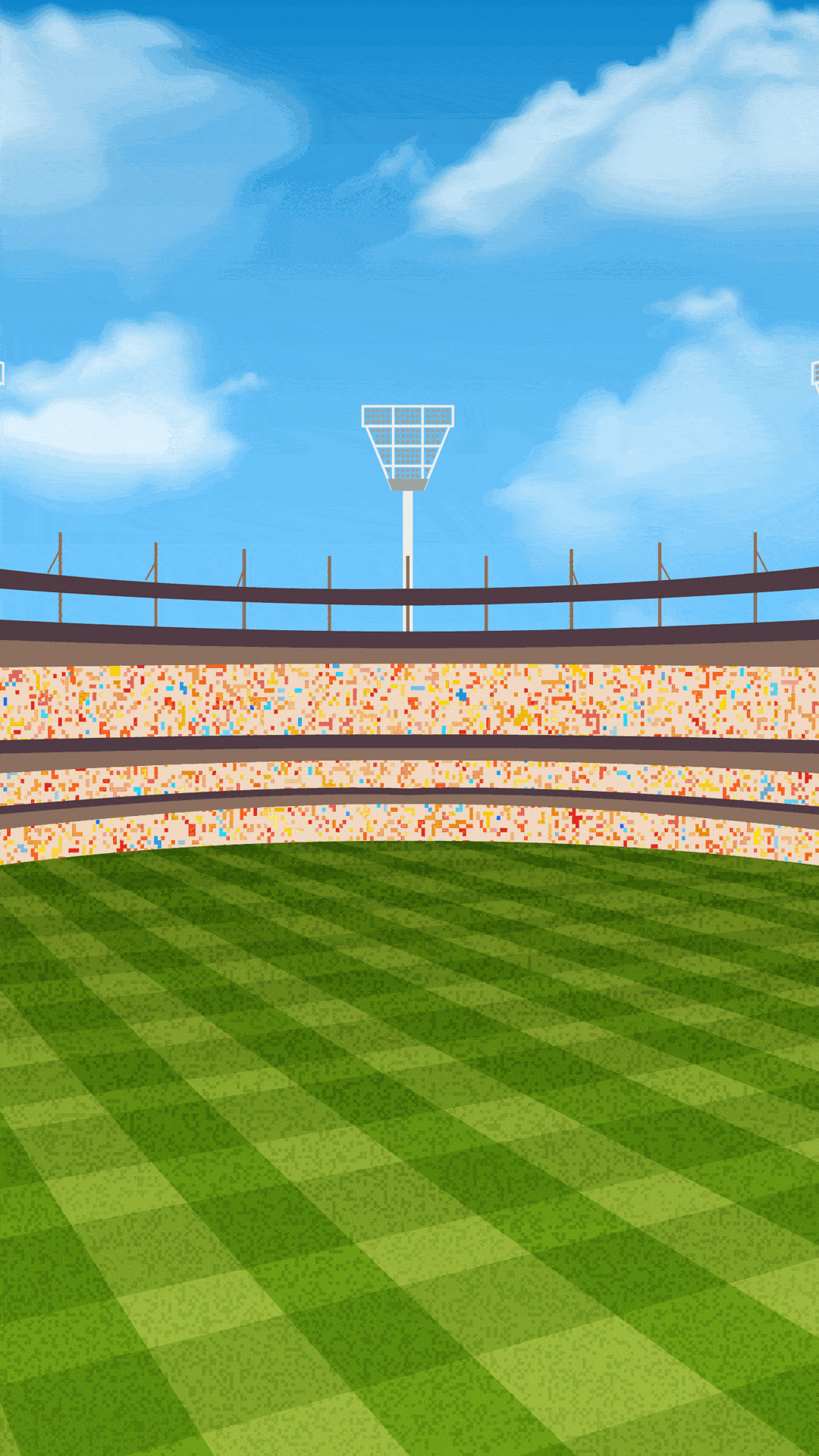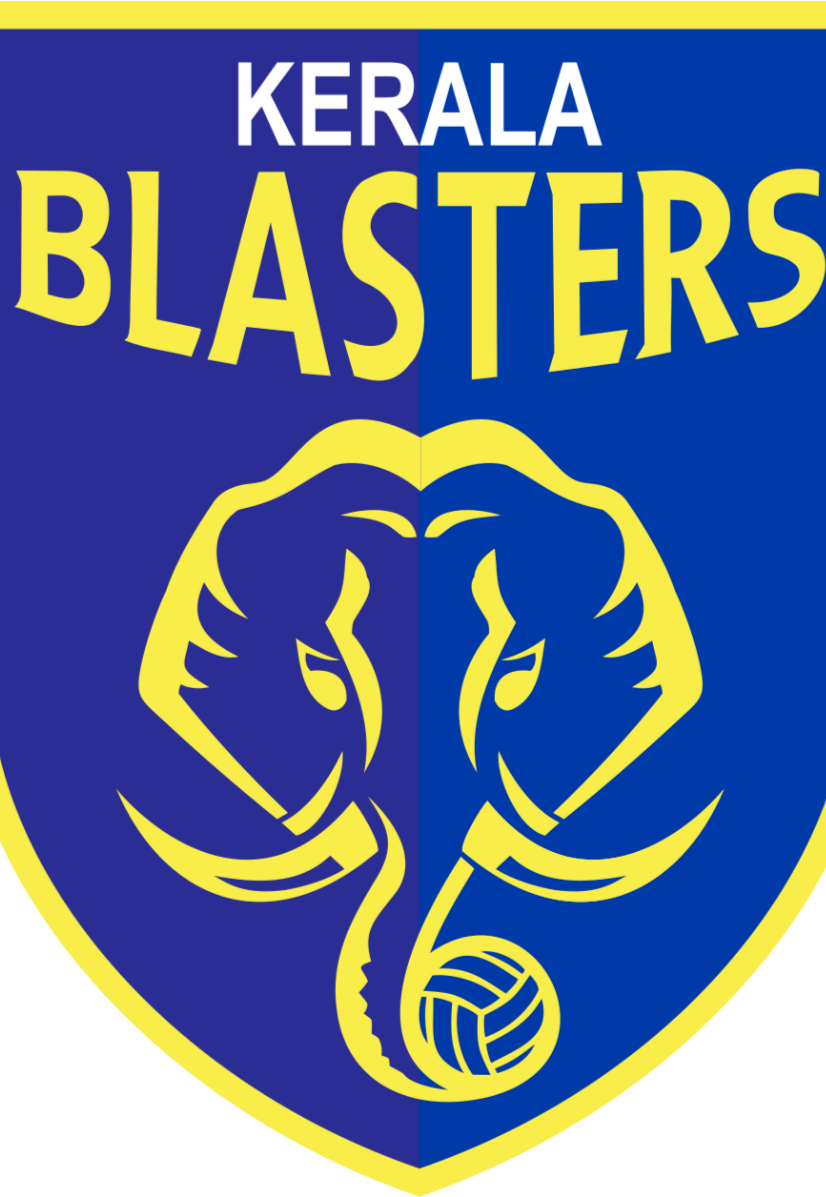Mikel Arteta has spent much of his managerial career defying expectations—first by transforming Arsenal into a genuine title contender, and now by confronting a painful truth that’s been staring everyone in the face: this squad isn’t deep enough. As injuries stack up and silverware slips further from reach, even Arteta admits reinforcements are no longer optional—they’re a necessity.
Injuries have hit hard this season, and not just in quantity, but in timing. Just as Arsenal entered the crunch months of their campaign, key figures began dropping like flies. The strain of juggling multiple competitions has taken its toll. And while the Gunners still have plenty to fight for, they’re limping, quite literally, toward the finish line.
Gabriel Magalhães is the latest high-profile casualty, and his season appears over due to a hamstring injury that may require surgery. It’s not just him—Arsenal are now potentially without four defenders for a pivotal run of fixtures, including a do-or-die Champions League tie.
The bigger issue isn’t just that players are injured—it’s how predictable it all feels. Arsenal’s fixture congestion over the winter was brutal. Between December and January alone, they played 16 games. That’s five more than during the same period last season. With the Champions League now bleeding into January and domestic competitions refusing to budge, there’s barely any breathing room.
Arteta now openly questions the sustainability of this model. His point is simple: you can’t ask players to do more without giving them help. “The only solution is to have more players,” he said recently. That sounds obvious to fans who’ve been watching the cracks form for months, but for Arteta—who once believed in tight-knit squads and internal solutions—it’s a shift in philosophy.
Managers often walk a tightrope when deciding whether to play an injured player. In Gabriel’s case, Arteta detailed a tug-of-war that lasted nearly two weeks. The player wanted to feature, the medical team warned of risks, and the manager was left balancing short-term needs with long-term consequences. In the end, Gabriel played—and got hurt. And now, Arsenal must face the most decisive stretch of their season without him.
The call for squad depth isn’t about stacking the bench with average players—it’s about having legitimate options who can step in without dropping the standard. That’s where Arsenal have fallen short. While the starting XI has improved dramatically over the last three seasons, the same can’t be said about those waiting in the wings.
When first-choice defenders or midfielders go down, the drop-off is steep. It’s not just about numbers—it’s about quality and trust. And the pressure on the regular starters has been relentless. Bukayo Saka, for instance, rarely gets a rest, and while his durability is admirable, it’s also unsustainable.
Arteta has said he’s proud of how his players have met adversity, and rightly so. This team fights. But heart and grit can only carry a squad so far when legs are gone and confidence is dented by fatigue. Even top athletes have limits, and Arsenal have been pushing theirs for too long.


























